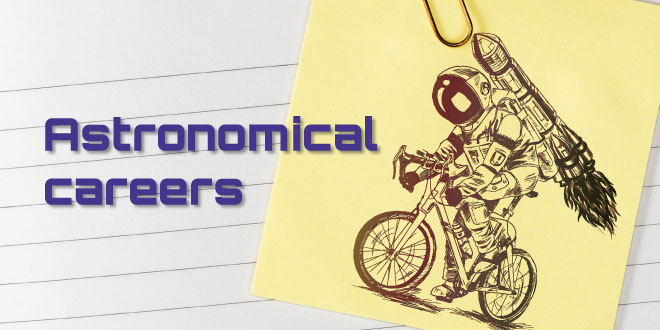Aerospace is a huge UK industry. We take a look at how various subjects fit with aerospace careers.
When you hear aerospace careers you could be forgiven for thinking only of engineering and manufacturing roles. The aerospace industry like all others relies on lots of people working in many different area and roles.
We explore how a variety of subjects relate to the careers available in the aerospace industry.
Using English and media studies
Combine your English studies with media skills and technical know-how for a career in aviation journalism writing expert pieces and reporting for magazines or aviation news sites.
Using the subject of law
Aviation law is a specialist legal area covering things like; aviation safety, contracts, mergers and acquisitions and regulation and liability; not to mention international space law!
Using your psychology study
Safety isn’t just about how things are designed and manufactured. It’s also about how people behave in situations like emergencies. Understanding human behaviour is very important to planning safety routines and human factors specialists use their psychology skills to improve safety.
Using business studies
The aerospace industry is big business. As such, business specialists work in all areas including: engineering and manufacturing, finance, sales, customer service, the supply chain, marketing and human resources.
Using STEM subjects (science, technology, engineering and maths)
We couldn’t ignore those aerospace careers that make use of science, technology, engineering and maths skills. Aerospace engineering career options where you work on the design and manufacture of aircraft, spacecraft, satellites and components include specialising in aerodynamics, avionics, materials and structures and many, many more.
Let’s not forget those careers in maintenance either — aircraft engineers maintain, inspect, repair and service aircraft, keeping them in tip top condition and safe.
There are also some very specialised roles, such as the quality assurance engineer who makes sure that work is carried out to international quality standards and the airworthiness engineer who is concerned with the certification of aircraft to meet safety standards.
Did you know?…
-
- There is an Outer Space Treaty that covers such things as the prohibition of nations claiming ownership of a celestial body. Under the terms of the treaty, all parties are prohibited from placing nuclear arms or other weapons of mass destruction in orbit, on the Moon, or on other bodies in space…imagine being a member of a legal team working on this!
 Moving On magazine Careers and Qualifications for School Leavers
Moving On magazine Careers and Qualifications for School Leavers


